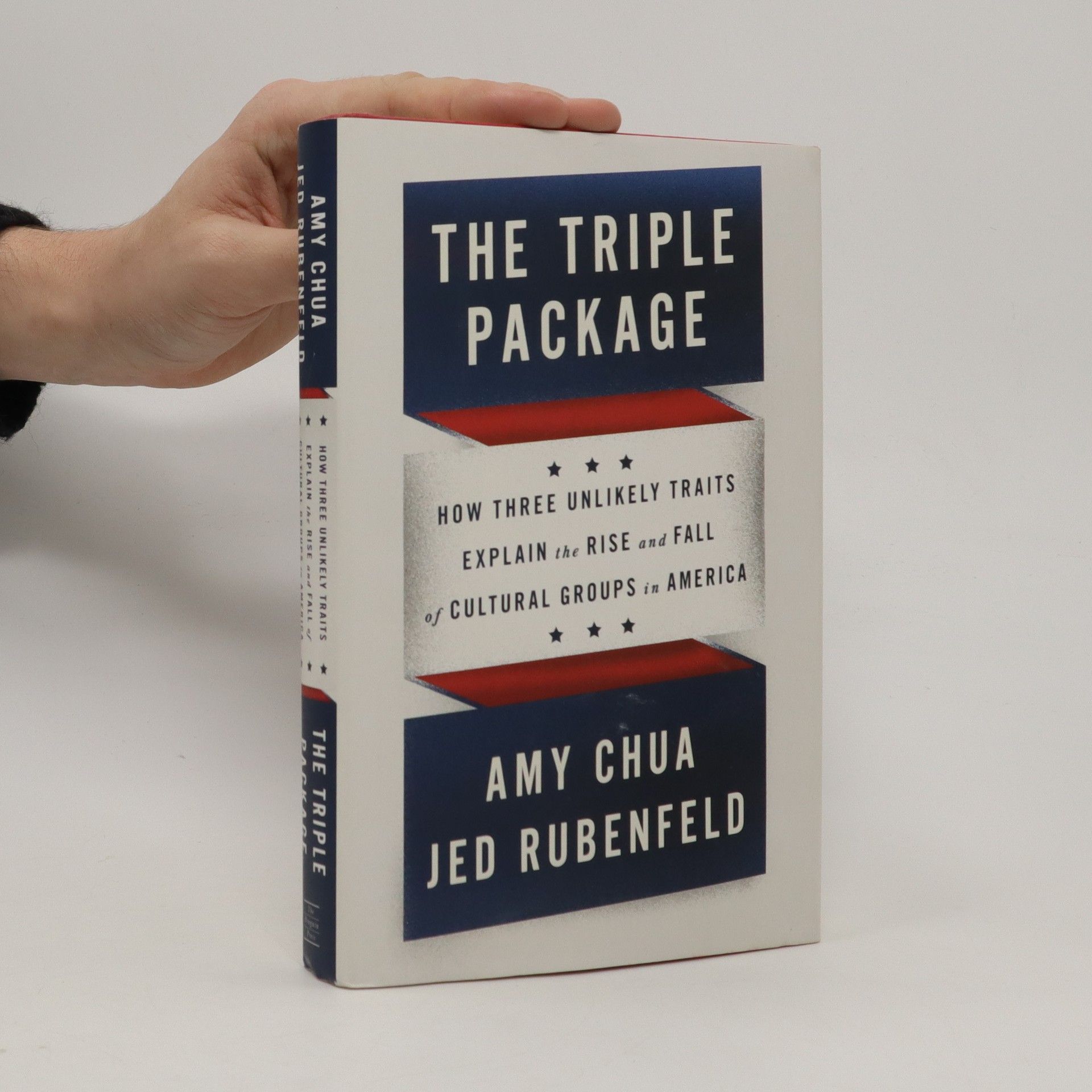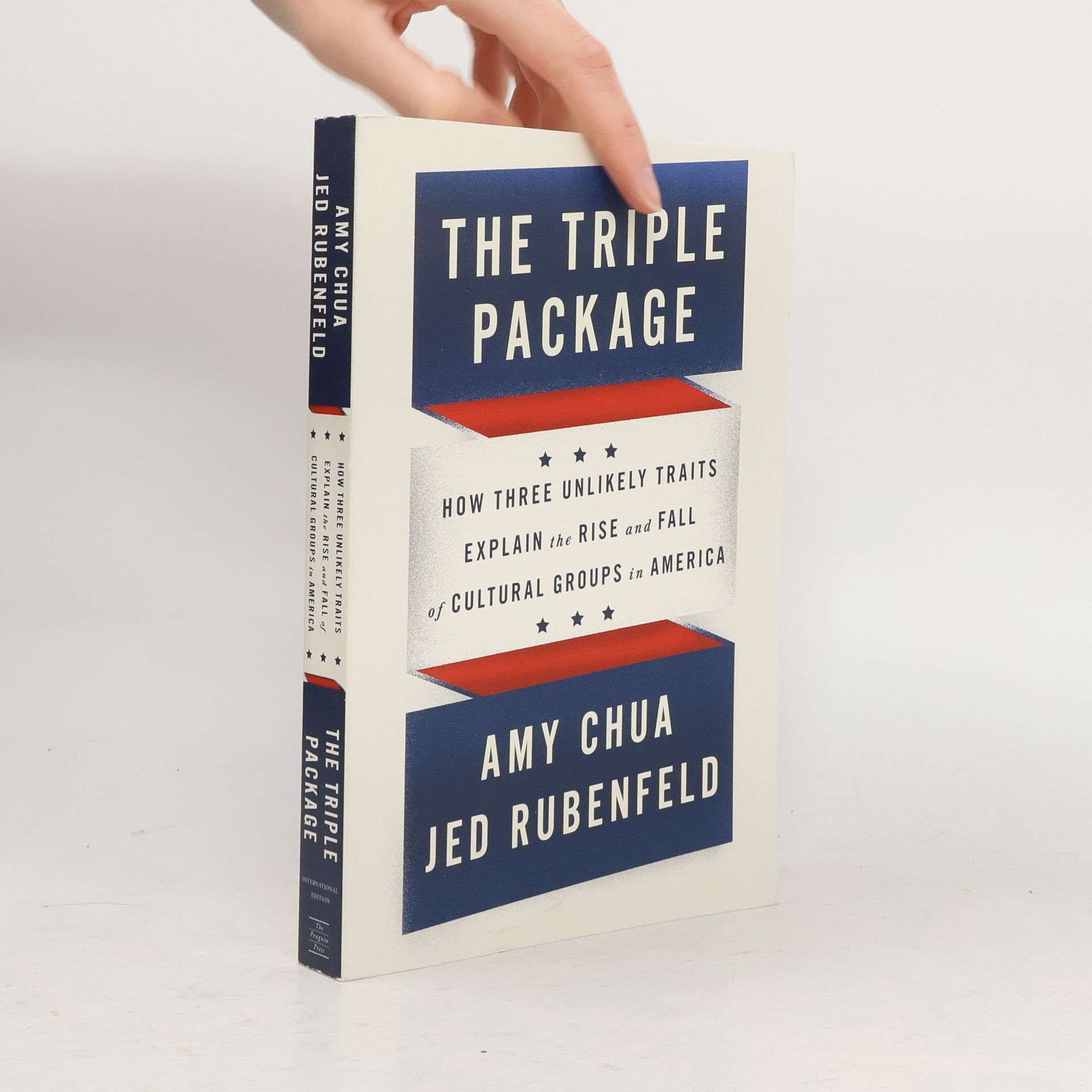The bestselling author and Yale Law School Professor Amy Chua presents a compelling argument for addressing America's foreign policy failures and the destructive political tribalism at home. Humans inherently seek group belonging, often aligning with ethnic, religious, or clan identities. However, the American perspective tends to oversimplify global dynamics into nation-state conflicts, leading to a significant misunderstanding of tribal politics. This misapprehension has repeatedly undermined U.S. foreign policy, as seen in the Vietnam War, where Cold War ideologies obscured the ethnic complexities of the conflict, and in Iraq, where the deep-seated Sunni-Shia animosities were overlooked. To improve foreign policy and avoid unwinnable wars, the U.S. must recognize the influence of tribalism abroad. Domestically, political elites have similarly ignored the group identities that resonate with ordinary Americans, contributing to national division. The rise of Donald Trump exemplifies how identity politics have become dangerously polarized across the political spectrum, fostering a sense of collective persecution among various groups. This has led to radical rhetoric on the left and a rise in xenophobia on the right. Chua argues for a renewed national identity that transcends political tribes, advocating for a unity that acknowledges group differences while addressing the inequities that divide society.
Amy Chua Libri
Amy Chua si concentra sulle complesse intersezioni tra cultura, etica e commercio globale. Il suo lavoro indaga come le identità culturali e le tradizioni plasmano le pratiche commerciali internazionali e gli standard etici. Chua analizza le dinamiche delle relazioni di potere e dei conflitti etnici nel contesto della globalizzazione. Il suo stile letterario è noto per la sua incisività e la capacità di scoprire motivazioni nascoste nell'economia globale.

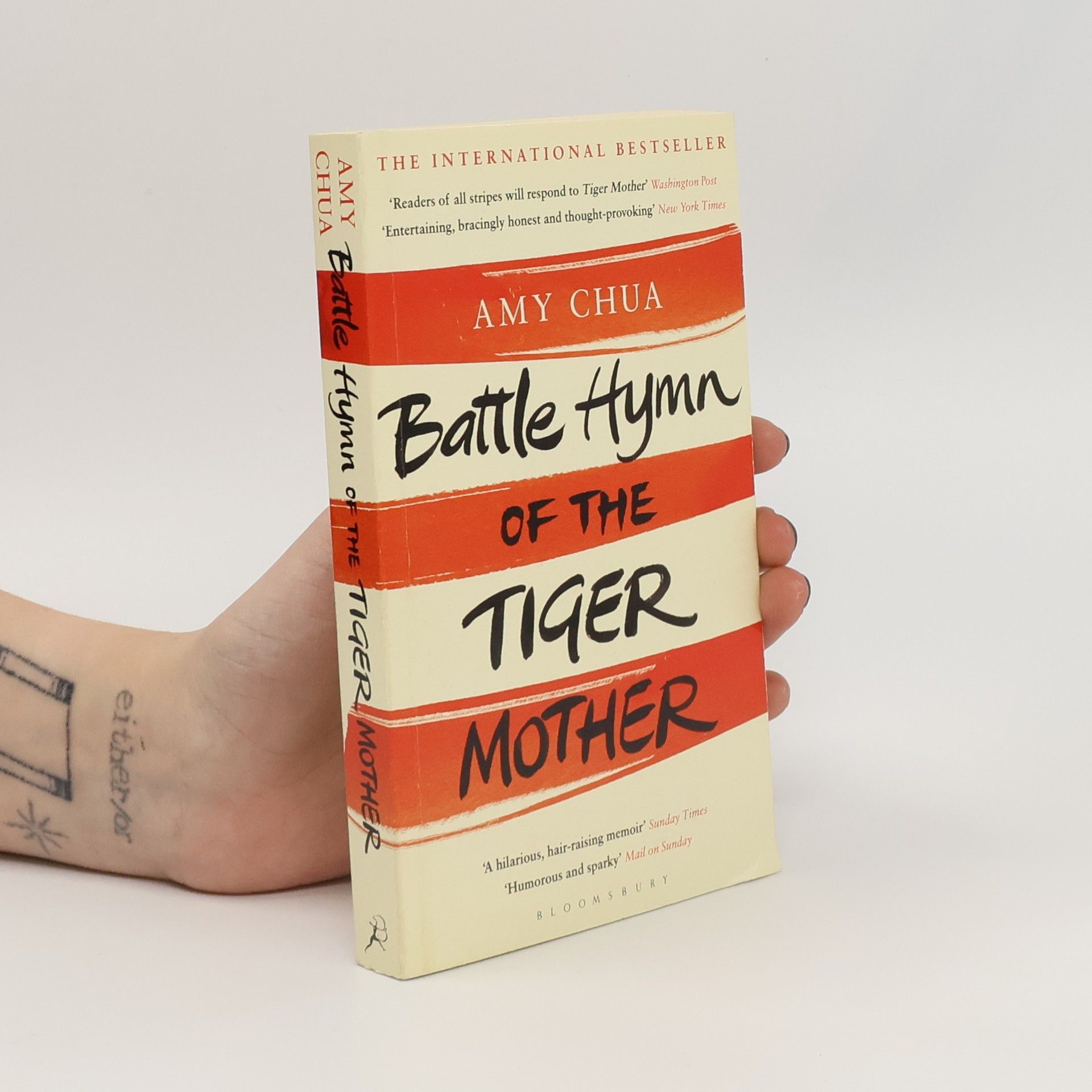
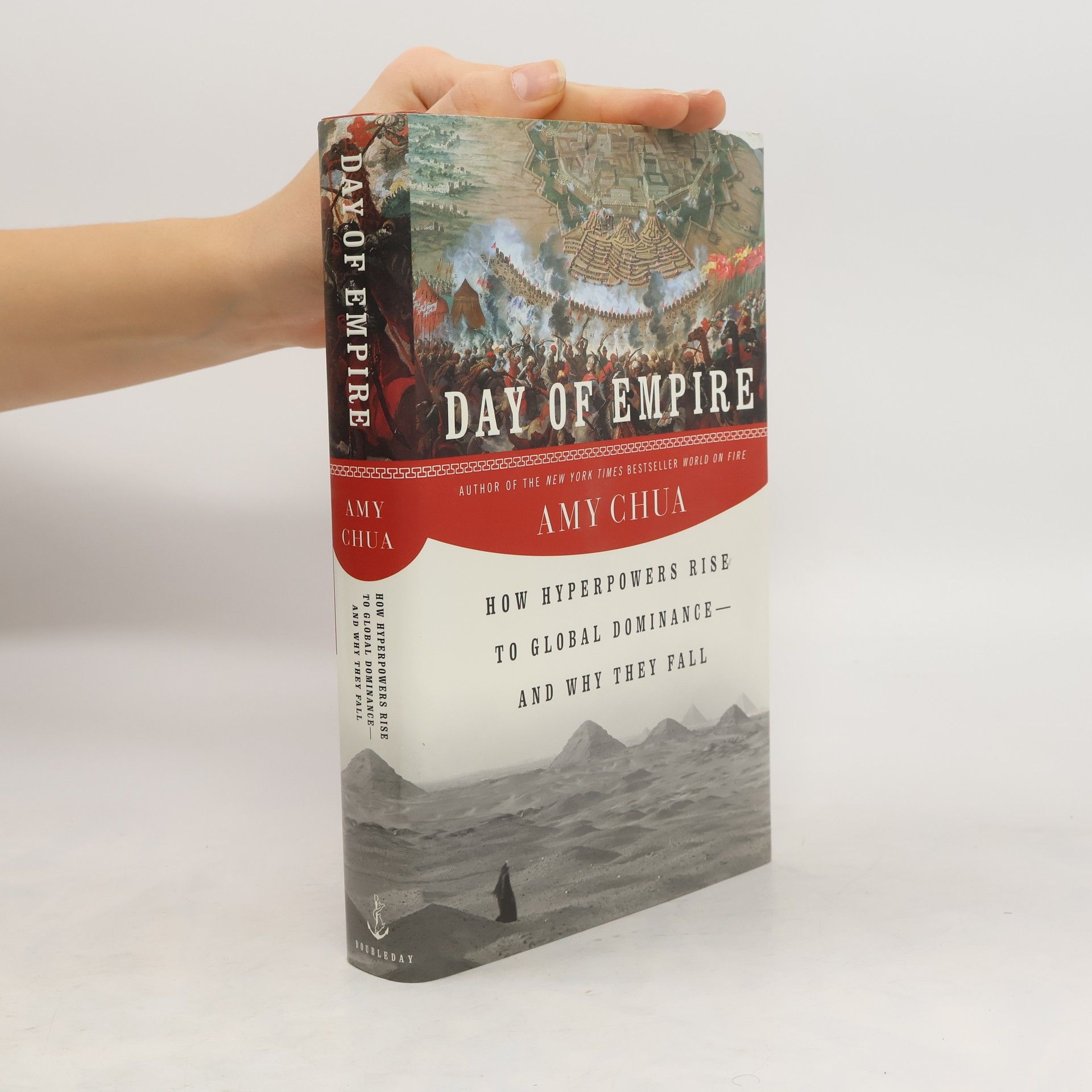


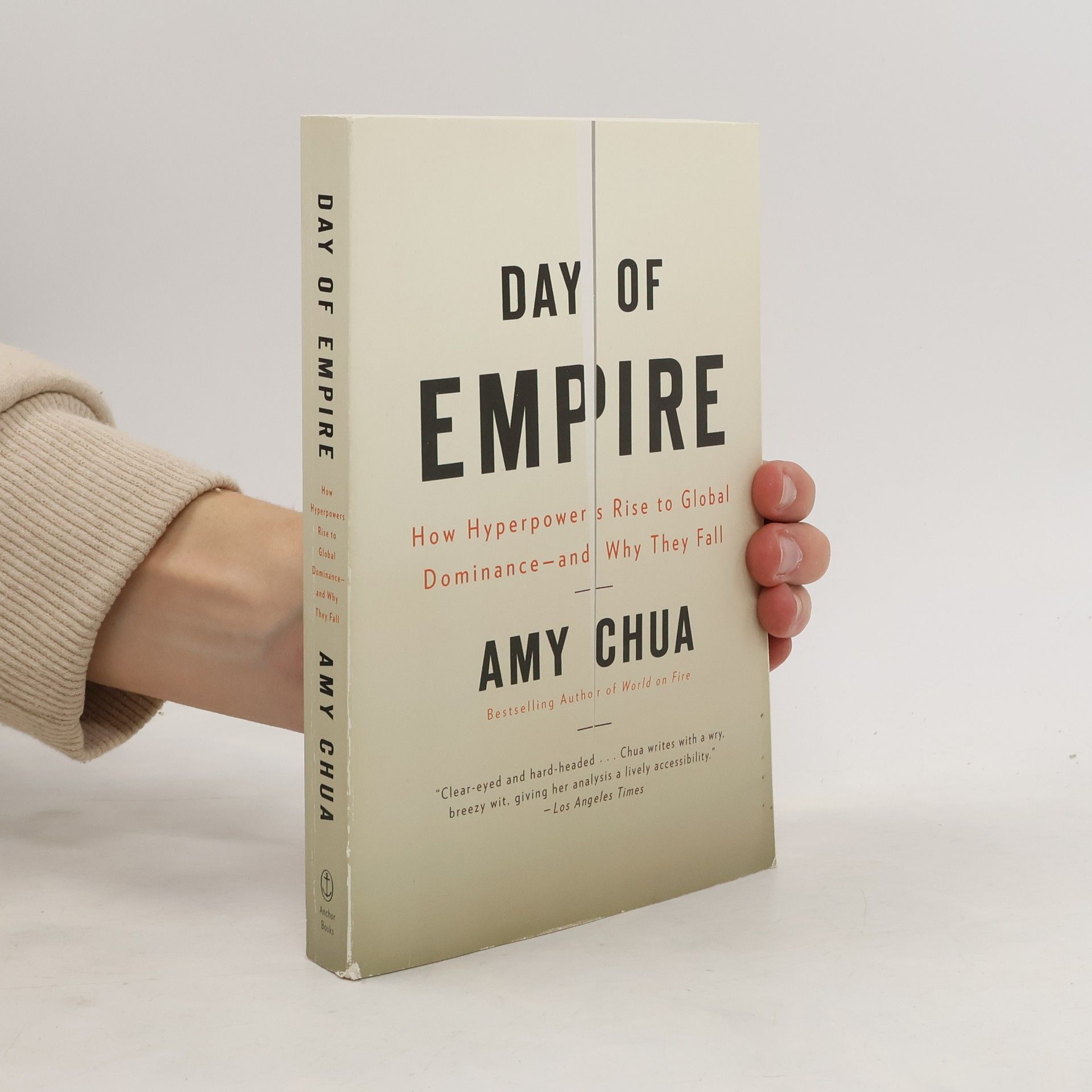
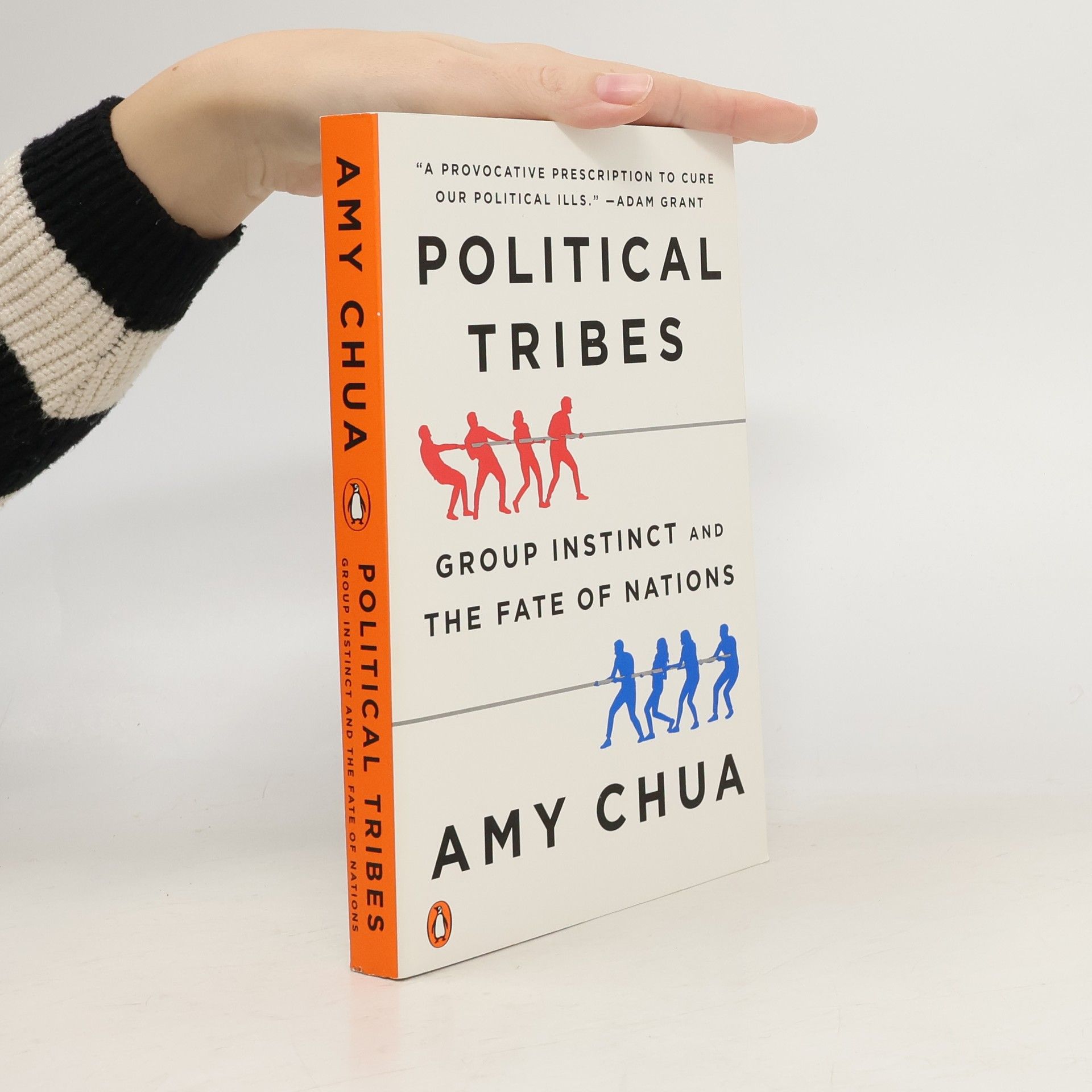
In this sweeping history, bestselling author Amy Chua explains how globally dominant empires—or hyperpowers—rise and why they fall. In a series of brilliant chapter-length studies, she examines the most powerful cultures in history—from the ancient empires of Persia and China to the recent global empires of England and the United States—and reveals the reasons behind their success, as well as the roots of their ultimate demise. Chua's analysis uncovers a fascinating historical pattern: while policies of tolerance and assimilation toward conquered peoples are essential for an empire to succeed, the multicultural society that results introduces new tensions and instabilities, threatening to pull the empire apart from within. What this means for the United States' uncertain future is the subject of Chua's provocative and surprising conclusion.
The Golden Gate
- 384pagine
- 14 ore di lettura
Berkeley, California 1944: A former presidential candidate is assassinated in one of the rooms at the opulent Claremont Hotel. A rich industrialist, Walter Wilkinson could have been targeted by any number of adversaries. But Detective Al Sullivan's investigation brings up the spectre of another tragedy at the Claremont ten years earlier: the death of seven-year-old Iris Stafford, a member of the wealthy and influential Bainbridge family. Some say she haunts the Claremont still. The many threads of the case keep leading Sullivan back to the three remaining Bainbridge heiresses, now adults: Iris's sister, Isabella, and her cousins Cassie and Nicole. Determined not to let anything distract him from the truth - not the powerful influence of Bainbridges' grandmother, or the political aspirations of Berkeley's district attorney, or the interest of Chinese first lady Madame Chiang Kai-Shek - Sullivan follows his investigation to its devastating conclusion. Chua's page-turning debut brings to life a historical era rife with turbulent social forces and ground-breaking forensic advances, when access to power, and therefore justice, hinged on gender, race and class.[Bokinfo].
The reigning consensus holds that the combination of free markets and democracy would transform the third world and sweep away the ethnic hatred and religious zealotry associated with underdevelopment. In this revelatory investigation of the true impact of globalization, Yale Law School professor Amy Chua explains why many developing countries are in fact consumed by ethnic violence after adopting free market democracy. Chua shows how in non-Western countries around the globe, free markets have concentrated starkly disproportionate wealth in the hands of a resented ethnic minority. These “market-dominant minorities” – Chinese in Southeast Asia, Croatians in the former Yugoslavia, whites in Latin America and South Africa, Indians in East Africa, Lebanese in West Africa, Jews in post-communist Russia – become objects of violent hatred. At the same time, democracy empowers the impoverished majority, unleashing ethnic demagoguery, confiscation, and sometimes genocidal revenge. She also argues that the United States has become the world’s most visible market-dominant minority, a fact that helps explain the rising tide of anti-Americanism around the world. Chua is a friend of globalization, but she urges us to find ways to spread its benefits and curb its most destructive aspects.
A study of history's great hyperpowers--Persia, Rome, China, the Mongols, the Dutch, the British, and the United States--traces the reasons for their success and the roots of their ultimate fall, examining why multiculturalism and diversity became a liability as they triggered hatred, intolerance, conflict, and violence as she looks at the state of the American empire. 60,000 first printing.
A lot of people wonder how Chinese parents raise such stereotypically successful kids. They wonder what Chinese parents do to produce so many math whizzes and music prodigies, what it's like inside the family, and whether they could do it too. Well, I can tell them, because I've done it... Amy Chua's daughters, Sophia and Louisa (Lulu) were polite, interesting and helpful, they had perfect school marks and exceptional musical abilities. The Chinese-parenting model certainly seemed to produce results. But what happens when you do not tolerate disobedience and are confronted by a screaming child who would sooner freeze outside in the cold than be forced to play the piano? Battle Hymn of the Tiger Mother is a story about a mother, two daughters, and two dogs. It was supposed to be a story of how Chinese parents are better at raising kids than Western ones. But instead, it's about a bitter clash of cultures, a fleeting taste of glory, and how you can be humbled by a thirteen-year-old. Witty, entertaining and provocative, this is a unique and important book that will transform your perspective of parenting forever.
The triple package : how three unlikely traits explain the rise and fall of cultural groups in America
- 320pagine
- 12 ore di lettura
"It may be taboo to say so, but some groups in this country do better than others. Mormon, Cuban, Nigerian, and Chinese Americans have all recently achieved astonishing business success. This book uncovers the secret to their success."--Page 4 de la couverture.
The Triple Package
How Three Unlikely Traits Explain the Rise and Fall of Cultural Groups in America - International Edition
- 336pagine
- 12 ore di lettura
Yale Law School professors Chua (the Tiger Mom herself) and husband Rubenfeld argue that the triumph of certain cultural groups in America--e.g., Mormons in business and the highly paid Chinese Americans and Jews--results from three principles: members of such groups believe the group is exceptional, still feel they must prove themselves, and work for future goals instead of immediate satisfaction.
A Picture History of Singapore
A Resource Book for the National Education Programme - 3rd Edition
- 96pagine
- 4 ore di lettura
Brief history of Singapore. 96 pages.
Mit diesem Buch erhalten Sie das E-Book inklusive! Warum sind Einwanderer aus China und dem Iran Gewinnertypen und die aus anderen Nationen oft nicht? »Tigermutter« Amy Chua und ihr Mann Jed Rubenfeld haben eine überraschende Antwort. Erfolg hat, wer drei Dinge mit auf den Weg bekommt: das Gefühl kollektiver Überlegenheit, gepaart mit einer tiefen Unsicherheit gegenüber der neuen Gesellschaft und nicht zuletzt einer guten Portion Selbstdisziplin. Das Gute: Das Erfolgsprinzip ist kulturell geprägt, aber dennoch übertragbar und kann uns auch hierzulande eine Lehre sein. Vorausgesetzt, wir haben den nötigen Biss!
